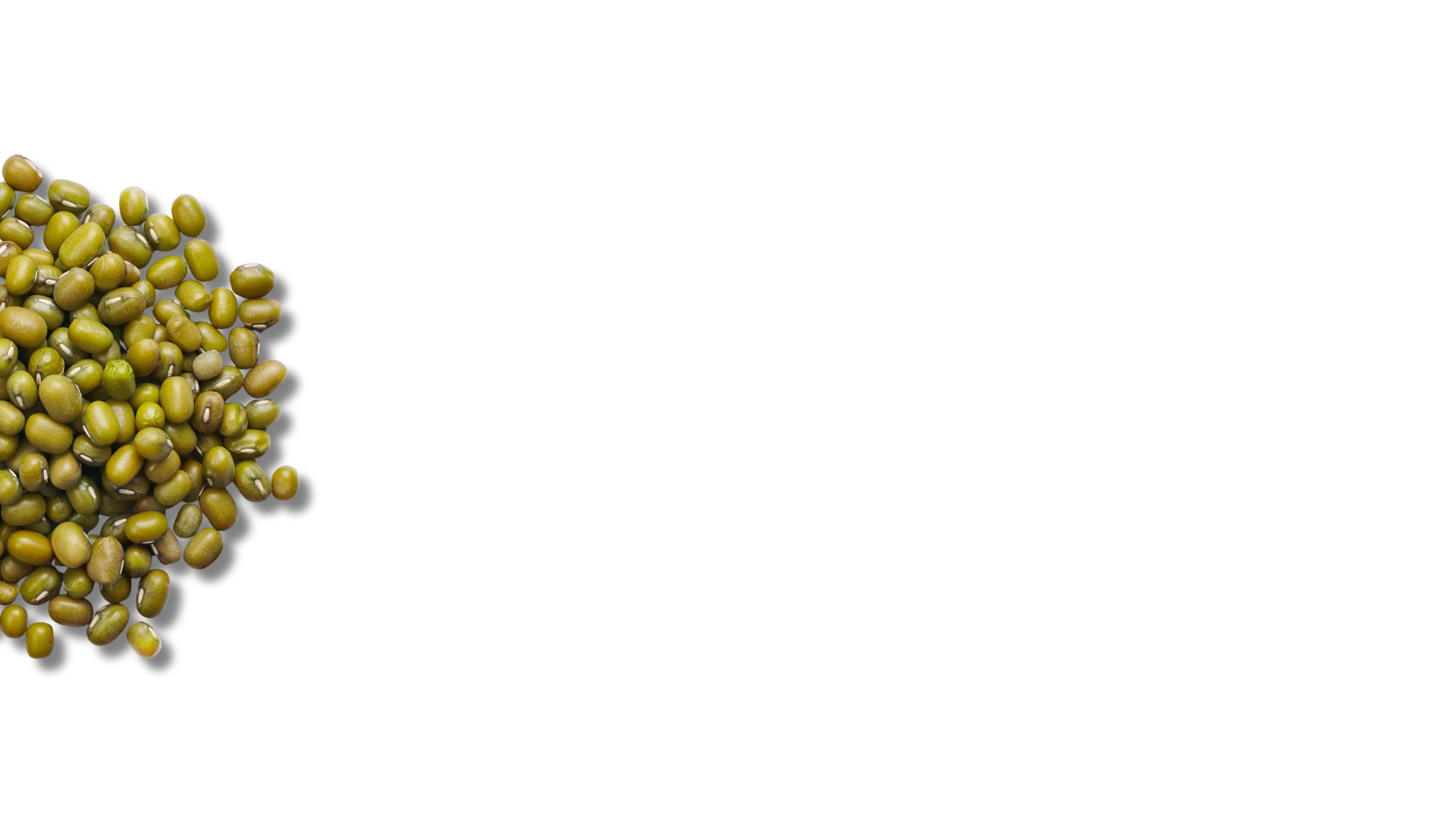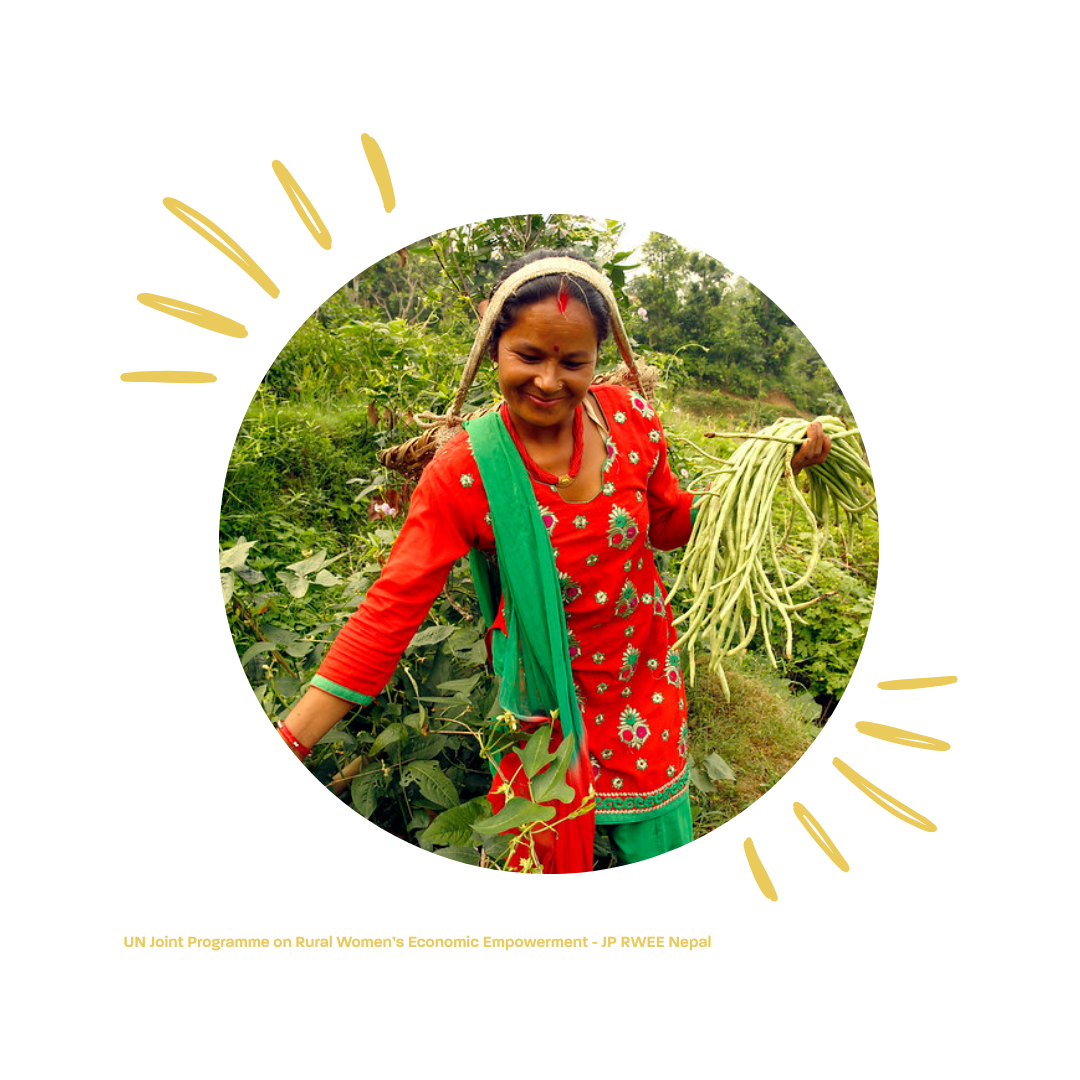
Beans are a powerful tool for economic empowerment, food security, health, and building resilient food systems —and women farmers are at the heart of this. Women play a key role in food production and make up a large proportion of the agricultural workforce globally – 36 per cent of all working women are employed in agrifood systems, and in Sub-Saharan Africa this number jumps to 66 per cent.
Women are often the backbone of rural communities, but face significant challenges, including gender pay inequalities and gender-based violence and discrimination. Women often lack equal access to land and resources, including capacity building and training and digital technologies.
When women’s livelihoods are improved it benefits their family’s nutrition, education, health and wellbeing, as well as their communities’ economies. It is vital to empower rural women’s voices in agriculture – to claim their rights to land, leadership opportunities and choice, and to participate in shaping policies and programmes.
This International Women’s Day, we’re spotlighting the women leaders and programs driving change in farming, research, and food innovation, working with our partners A Well-Fed World and the Australian Grains and Legumes Nutrition Council.
A Well-Fed World’s Planetary Pulse Project: Growing Opportunity
A Well-Fed World is a hunger relief and climate advocacy organization championing the role of plant-based foods in tackling global food security and climate challenges. In 2023, they launched the Planetary Pulse Project, providing legume seeds to farmers and growers in need.
Since its launch, the project has distributed the equivalent of 50,000 seed packets, allowing farmers to grow over 500,000 servings of protein-rich legumes.
Among the recent recipients are two women-led farming cooperatives in Uganda:

Mughende Women Farmers Association, Kasese, Uganda
Mughende Women Farmers Association is a cooperative of 100 women farmers in western Uganda. Through the program, they received 7,900 packet equivalents of locally adapted bean seeds. The harvest provided a critical food source for their families, and the surplus was sold at local markets, boosting incomes and economic independence.
Mparo People’s Project, Kabale, Uganda
In the hills of Kabale, the Mparo People’s Project, a small women’s cooperative received 9,950 packet equivalents of green gram, pea, and bean seeds. 21 female farmers took part in the program, receiving both seeds and training. Their hard work resulted in plentiful harvests, providing food security and financial stability for their families.
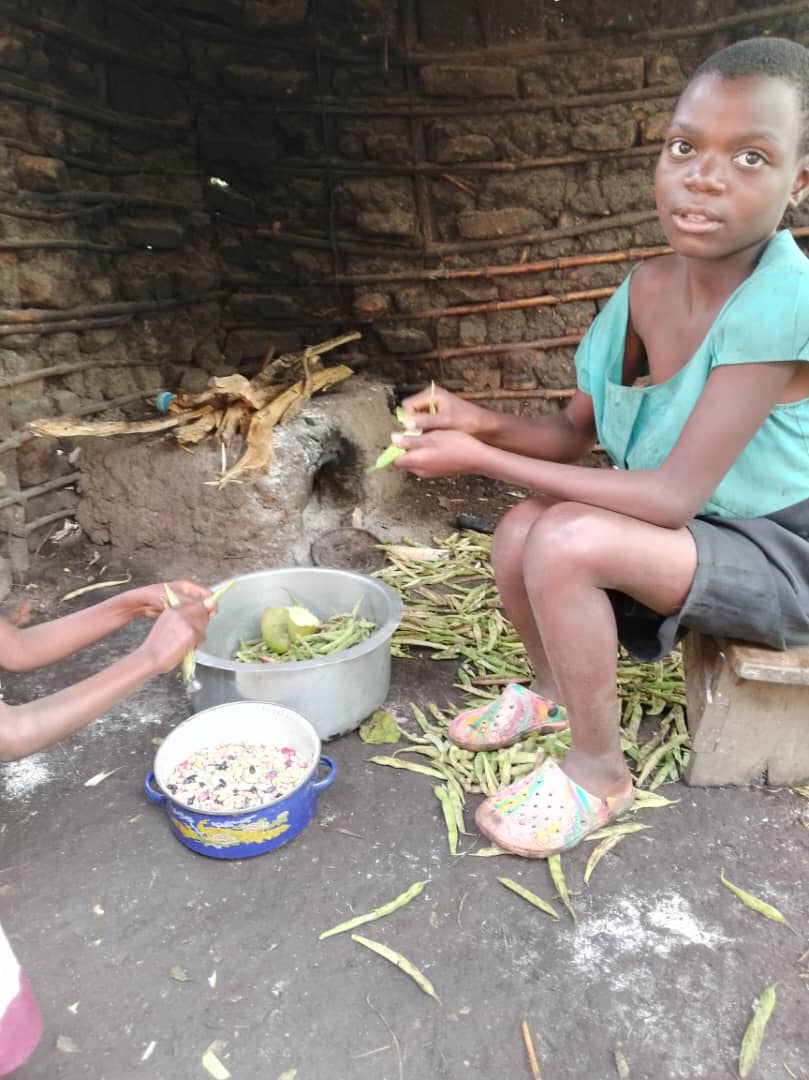
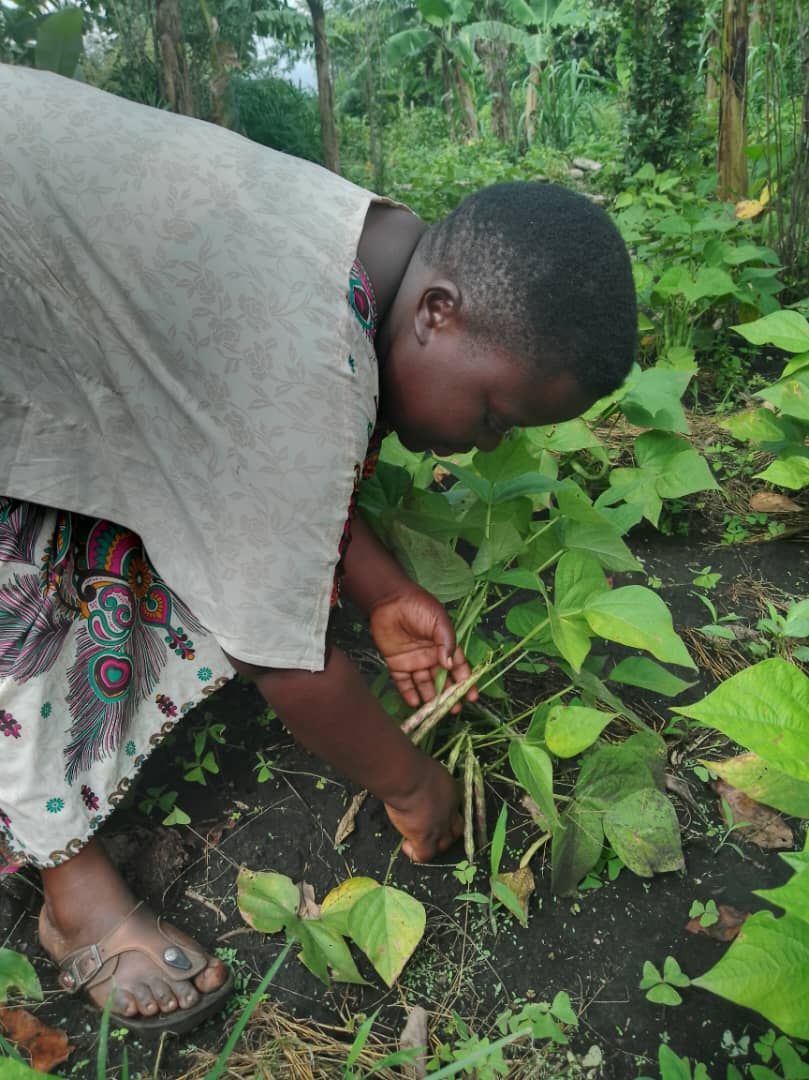
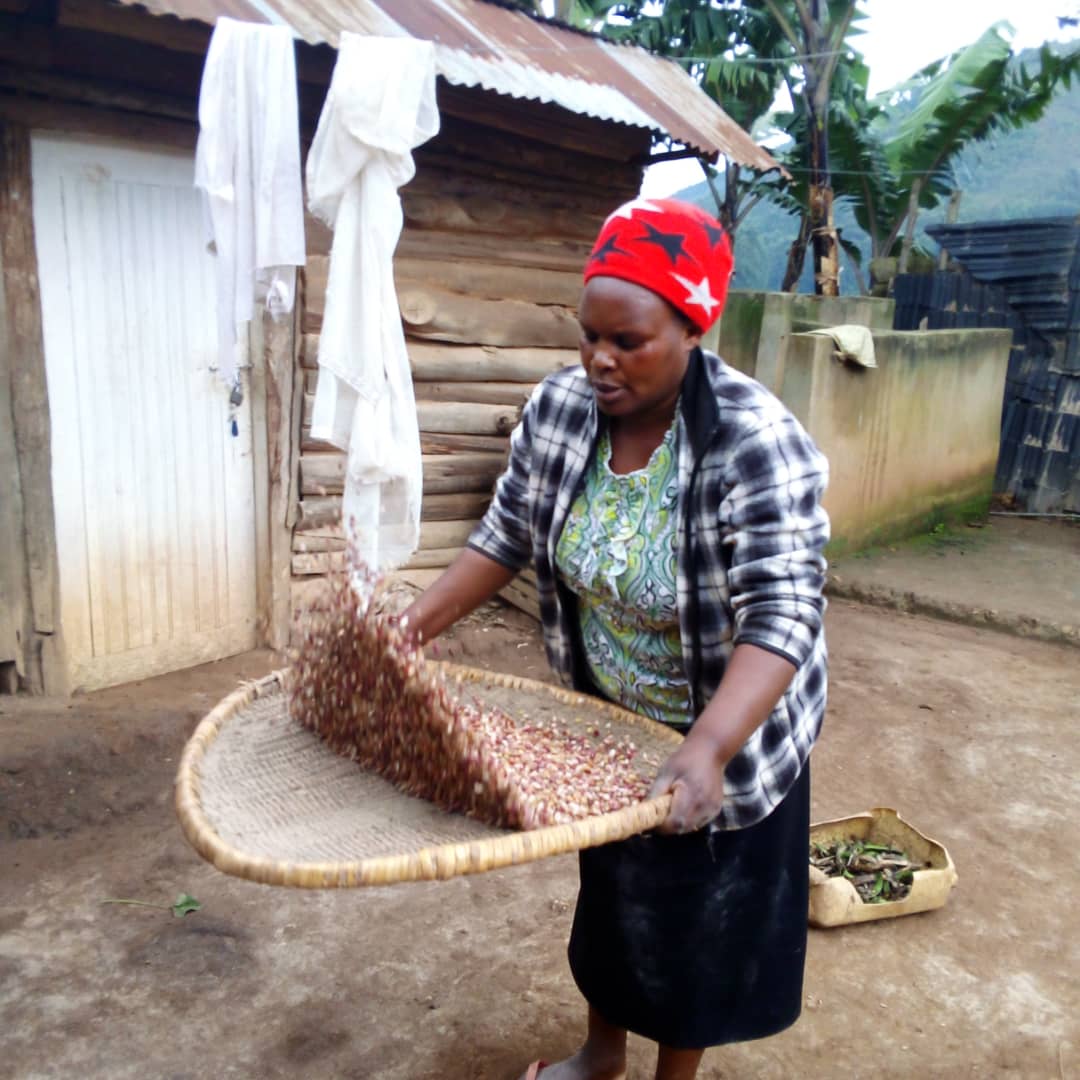
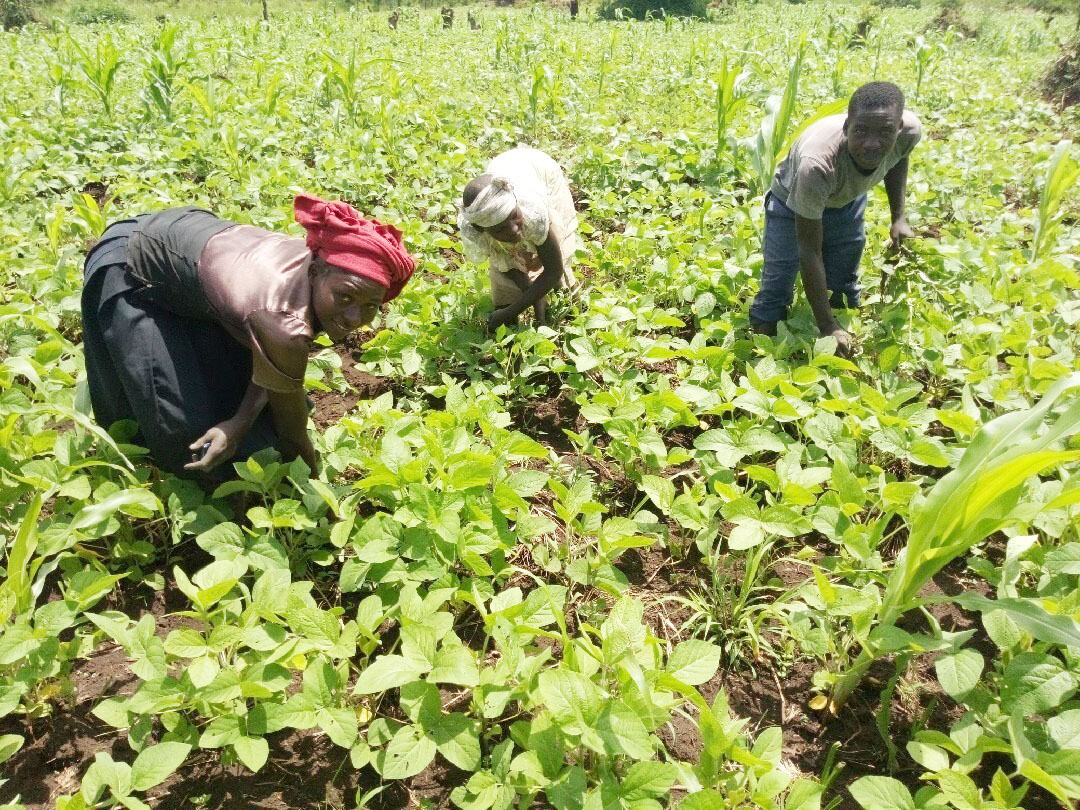
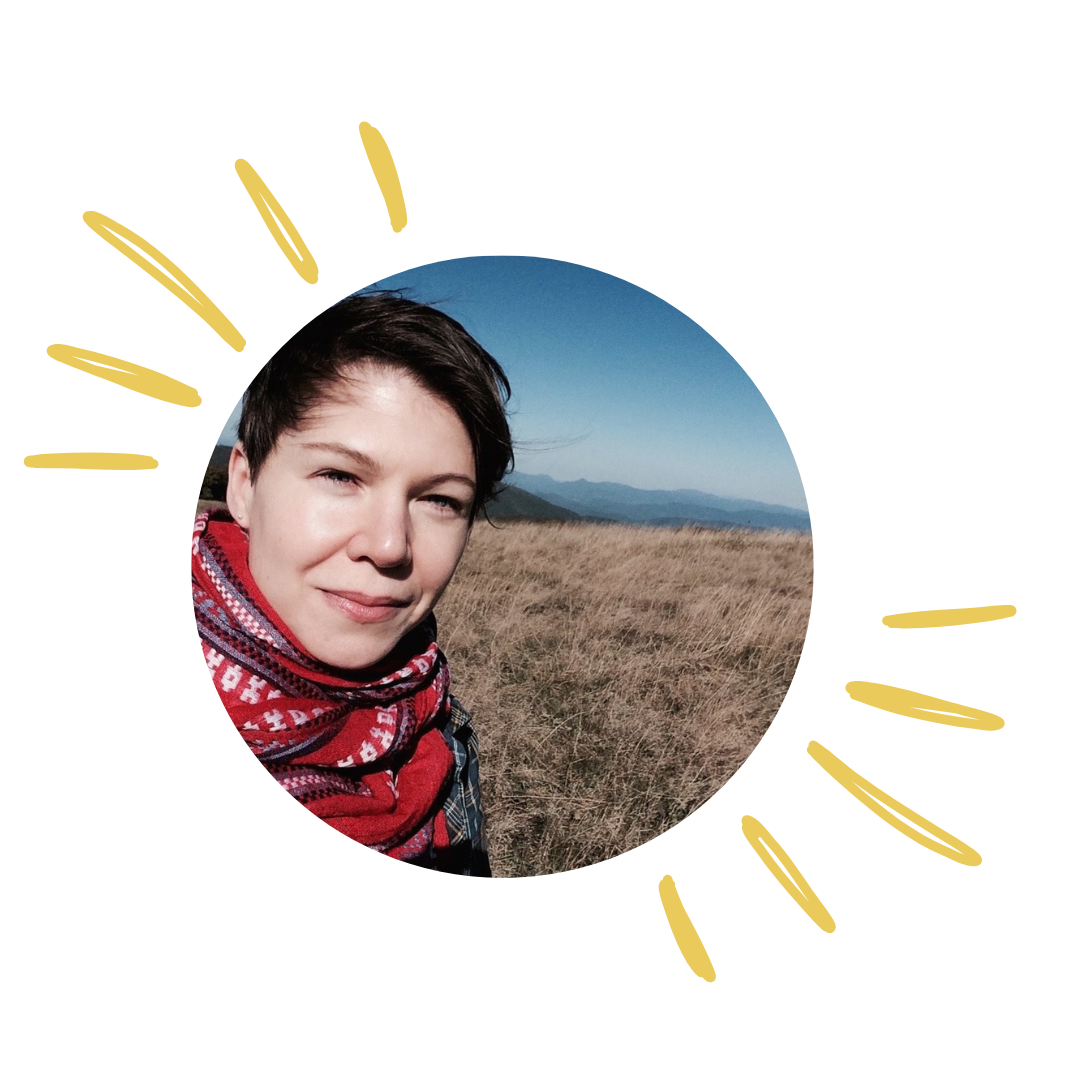
“Whether it’s locally grown soybeans supplying a burgeoning TVP [Textured Vegetable Protein] market that’s replacing meat in Rwanda, or a women’s cooperative growing and processing beans into nutritious soy milk for primary schools in India, Ghana, and Malawi—time and again through our program we have seen how the humble bean is improving lives for women, farmers, and their communities around the globe.”
Ashley Capps, Communications Director, A Well Fed World
Growing a Global Impact: Julia Hausler, Australia
Thousands of miles away, in the Wimmera region of Victoria, Australia, Julia Hausler is making her mark as a pulse farmer. With over 20 years of experience, her farm has grown faba beans, chickpeas, vetch hay, and field peas. Today, her focus is on lentils—an important global protein source.
“Lentils are well suited to our soil type and climate and are grown in rotation with wheat, barley, and canola. Researchers, plant breeders, and agronomists—many of whom are women—play a crucial role in ensuring our crops maintain high grain quality” says Julia Hausler.
Julia works closely with The Grains and Legumes Nutrition Council (GLNC), is an independent, not-for-profit organisation that was established in 2008, whose mission is to encourage Australians to make healthy choices by incorporating grains and legumes into their diet.
Each year, lentils on her farm are sown in April and harvested in November. After storage on-site, 100% are exported to international markets, reaching consumers in India and beyond.
“I’m proud to grow a product in Australia that contributes to nourishing communities around the world,” says Hausler.
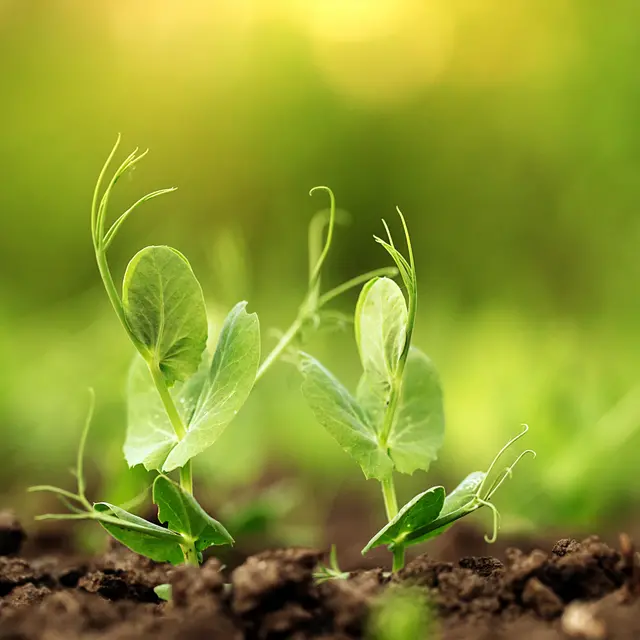
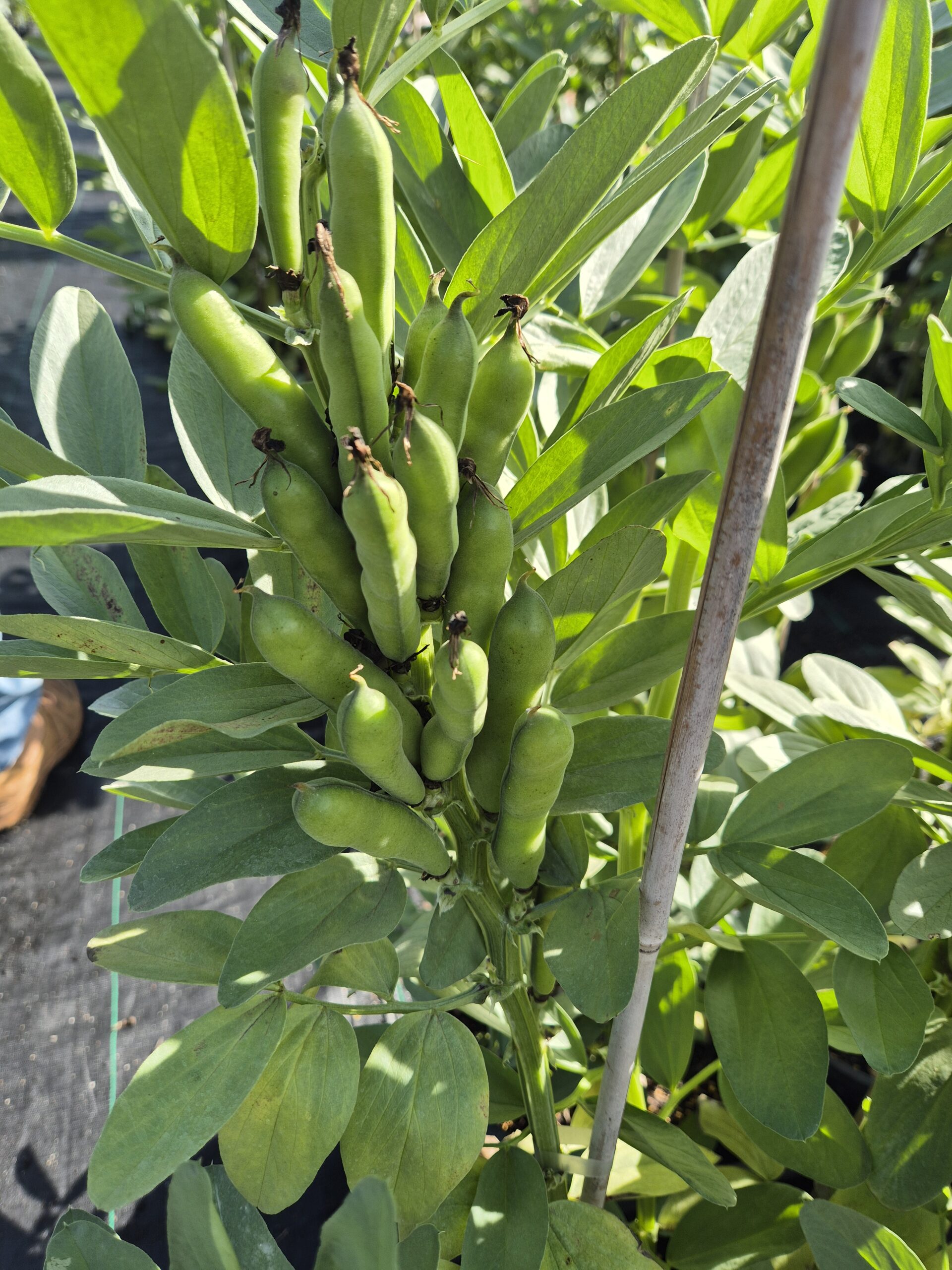
Women at the Forefront of Faba Bean Breeding and Research
Amidst challenges like global warming, climate change and increased health awareness, there’s a particular bean making waves as a great solution – the faba bean. The faba bean is an environmentally sustainable crop that has higher biological nitrogen fixation potential compared to other legumes and contains high protein, fiber and health enhancing bioactive compounds.
As the value of faba bean has extended beyond its role in traditional diets to become a vital crop in sustainable agriculture, the roles and capabilities of women working with faba bean have also extended beyond the traditional sowing, weeding, applying fertilizers and harvesting. Though still underrepresented, women in this modern era are occupying key positions in crop research and breeding.
Crop breeding is the science driven creative process of developing new plant varieties with desirable traits such as better yield, pest and disease resistance, drought tolerance, and improved nutritional value. Women are at the forefront driving real world impact and ground-breaking change through the use of genetic and computational tools to develop and analyse large amounts of crop genetic data in search of the best crop varieties with enhanced traits.
One such woman is Dr. Charity Chidzanga, a post-doctoral researcher and Assistant Faba bean Breeder at the University of Adelaide in Australia who is leveraging conventional plant breeding techniques coupled with the use of genetic markers to develop faba bean varieties with high protein content and reduced anti nutritional factors. Dr. Chidzanga’s work aims to improve the nutritional quality, functional properties and release of new commercial faba bean varieties that meet the targeted needs of the plant-based and alternative plant protein industry.
Women involved in faba bean research and breeding are inspiring the future generations of female researchers and breeders and are indeed promoting innovation and creativity in improving global food security.
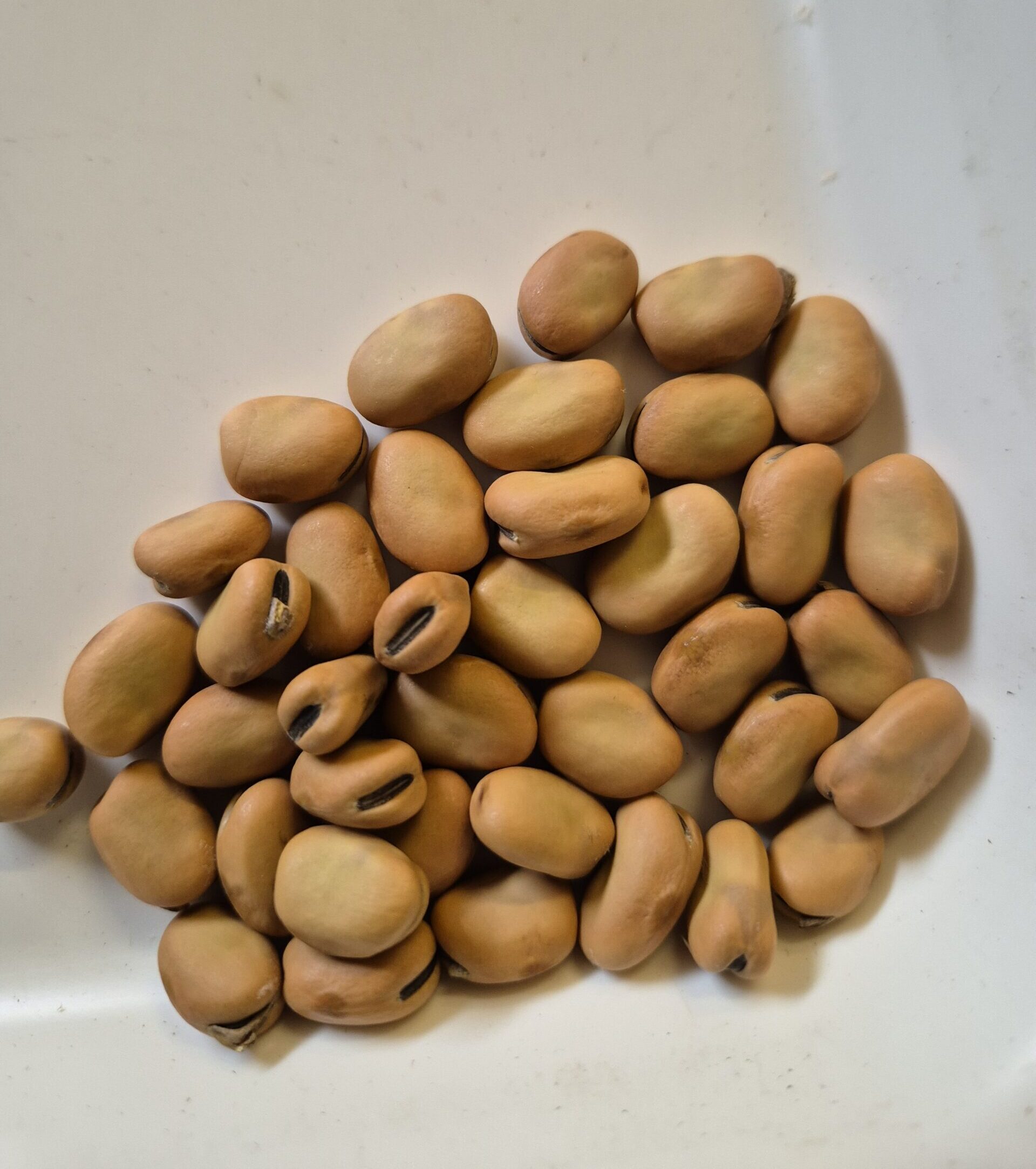

“To encourage more women to venture into this field and for those currently involved to fully realise their potential and succeed, it is crucial to create supportive and inclusive work environments. Access to education, resources, funding, and leadership opportunities is also important in supporting women in beans.”
Dr. Charity Chidzanga

